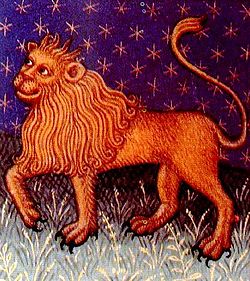
Leona is a female given name derived from the Latin word leo for "lion".
Contents
People and fictional characters named Leona include:

Leona is a female given name derived from the Latin word leo for "lion".
People and fictional characters named Leona include: